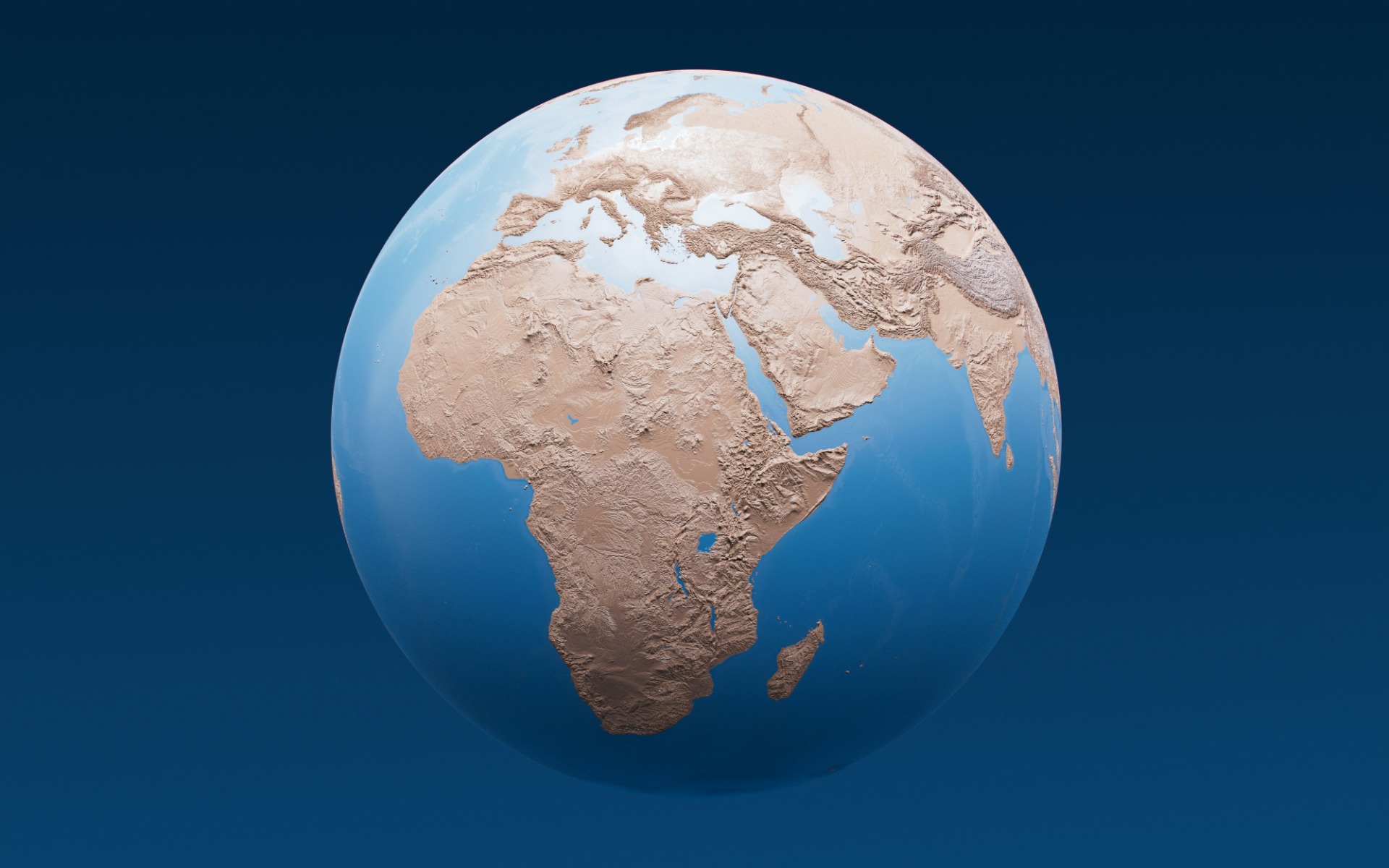Mozambique - Mining and Minerals
Mozambique is one of Africa's most resource-rich nations, with vast mineral reserves that play a central role in its economy and growing importance in global supply chains. From graphite and tantalum to heavy mineral sands, coal, and gemstones, the country's mining industry is both diverse and strategically significant.
Key Minerals and Resources
-
Graphite
Mozambique is a global powerhouse in graphite production, ranking among the top five producers worldwide. The Balama mine in Cabo Delgado, operated by Syrah Resources, is the world's largest high-grade graphite deposit. This mineral is in high demand for electric vehicle (EV) batteries, making Mozambique a critical player in the global energy transition. -
Tantalum and Beryllium
Mozambique holds some of the largest known reserves of tantalite, essential for electronics and alloys. The Morrua and Muiane deposits have long been of interest for potential large-scale production. The country also contributes to global beryllium supply, vital for aerospace and defense technologies. -
Heavy Mineral Sands (Titanium, Zircon, Rutile)
Rich deposits of ilmenite, rutile, and zircon are found in Zambézia and Nampula provinces. The Moma mine, operated by Kenmare Resources, is one of the world's leading producers of titanium feedstocks, crucial for paints, plastics, and aerospace applications. -
Coal
Mozambique's Tete Province holds massive coal reserves, particularly in the Moatize Basin. While global coal demand faces challenges from decarbonization, Mozambique's reserves remain important for regional power generation and steel production, with exports mainly to Asia. -
Gemstones and Gold
Mozambique is famous for rubies, particularly from the Montepuez region, where Gemfields has invested heavily. The country also has artisanal and small-scale gold mining, which the government is working to formalize and regulate.
Economic Contribution
-
Mining has grown from 1.2% of Mozambique's GDP in 2010 to nearly 10% by 2020, becoming a cornerstone of economic growth.
-
The sector attracts foreign direct investment (FDI), generating thousands of jobs and stimulating infrastructure development such as ports, railways, and roads.
-
Exports of aluminium, graphite, coal, and titanium provide significant foreign exchange earnings, with graphite and heavy mineral sands tied closely to green technologies.
related content
Minerals & Mining in Mozambique
NEWS Update - 2025
Mozambique to Secure Minimum 20% State Stake in Strategic Mining Projects
The News
Mozambique's Ministry of Mineral Resources and Energy (MIREME) has confirmed that the State will hold a mandatory minimum 20% stake in all mining projects involving strategic and critical minerals. The announcement was made during the Ministry's 10th Coordinating Council, held from September 22 to 23 in Macaneta, Marracuene District.
Minister of Mineral Resources and Energy, Estêvão Pale, described the provision as a cornerstone of the new Mining Law currently under review, calling it "the beginning of a new era" for Mozambique's mining sector. Pale emphasized that State participation is critical to ensuring the country and its citizens derive greater benefits from the exploitation of mineral wealth.
The revised legal framework is the result of months of national consultation and debate. According to the Ministry, the consensus around mandatory State involvement signals a stronger, more inclusive model for managing the country's vast resource base.
Source: https://clubofmozambique.com/news/mozambique-state-set-to-hold-minimum-20-stake-in-strategic-mining-projects-watch-292441/
Background information to this news
Why a State Stake Matters
Mozambique's mining sector has attracted growing interest in recent years, particularly in graphite, lithium, rubies, and heavy sands—minerals that are critical for global supply chains, including green energy technologies. However, foreign companies have traditionally held the majority of stakes in large-scale projects, raising concerns that the benefits of resource extraction are not sufficiently retained in the country.
By legislating a minimum 20% State stake in strategic projects, the government aims to increase public revenue, strengthen national bargaining power, and align resource exploitation more closely with long-term development priorities. This move follows similar policies in other resource-rich African countries, where mandatory State participation has been used to boost transparency and secure fairer economic returns.
The measure also reflects Mozambique's broader development vision: leveraging natural resources not only for export earnings, but also to stimulate local industry, infrastructure, and job creation. As discussions on the new Mining Law advance, the balance between attracting foreign investment and safeguarding national interests will be key to determining the success of this new chapter in Mozambique's mining governance.
